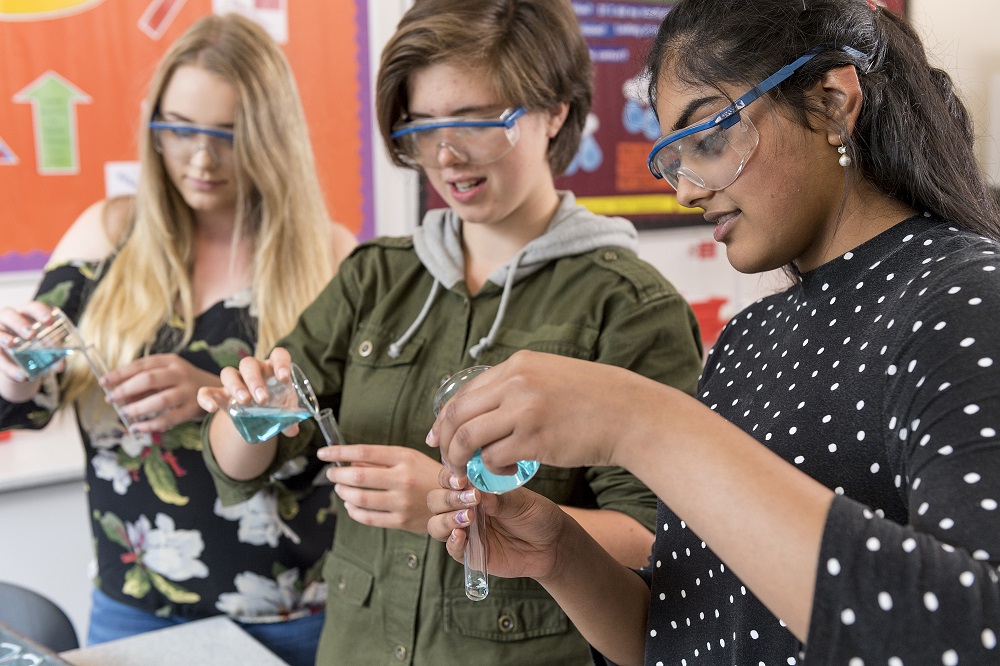Biology: A-level
Qualification: A-level
Exam Board: AQA
Entry Requirements: Grade 6 or above in GCSE Maths, Grade 5 or above in GCSE English and Grade 6 or above in GCSE Biology or Grade 6-6 or above in GCSE Combined Science.

Watch our video about Biology A-level
Hands-on lessons taught by subject specialists
Biology A-level will give you the skills to make connections and associations with all living things around you. Biology literally means the study of life and if that's not important, what is? Being such a broad topic, you're bound to find a specific area of interest, plus it opens the door to a fantastic range of interesting careers.
We have excellent practical resources and technical support, allowing teachers to incorporate practical work into lessons whenever possible–well beyond the ‘required practicals’ of the curriculum.
With extremely strong results over the past decade our Biology Department brings a passion and commitment that provokes very positive feedback from students. Our teaching staff are specialists in biology, aiming to inspire all students to enjoy their subject and achieve their best, regardless of ability. High quality marking, feedback, exam preparation and planning next steps all support students’ progress.
The course
In the first year of A-level you will learn about biological molecules, cells, how organisms exchange substances with their environment and genetic information, variation and relationships between organisms. In the second year of A-level you study energy transfers in and between organisms, how organisms respond to changes in their internal and external environments, then genetics, populations, evolution and ecosystems and the control of gene expression.
Beyond the classroom
Past activities have included:
- Intermediate Biology and Biology Olympiad competition.
- Science Week–wide range of speakers, competitions and events.
- Regular MedSoc meetings.
- ‘Student of the half term’– rewards system to recognise and celebrate achievements and progress of all students.
- High quality textbooks available to students to help with independent work.
- One day of field work.
Progression
Our students progress onto a very broad range of science-related courses at universities across the country. Students apply for university courses leading to careers in medicine, dentistry, veterinary science, natural sciences, psychology, nursing, midwifery, biomedical science, physiotherapy and research. Some will also go onto non-science related courses and careers, such as law, where their achievements in science have served to develop skills such as problem-solving and critical thinking.
